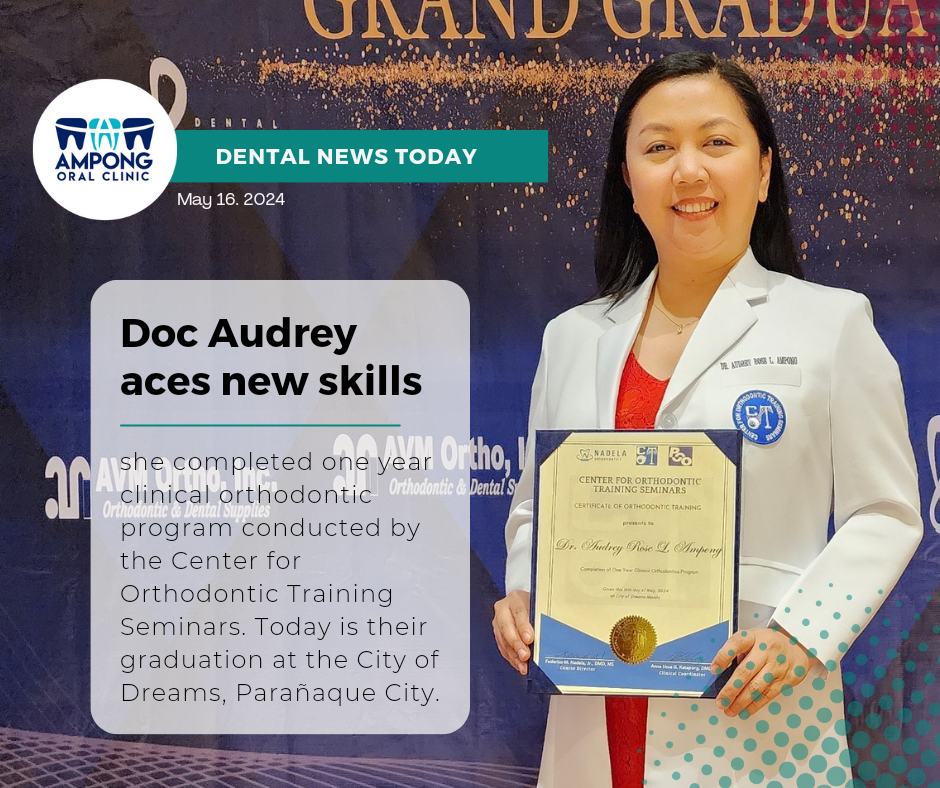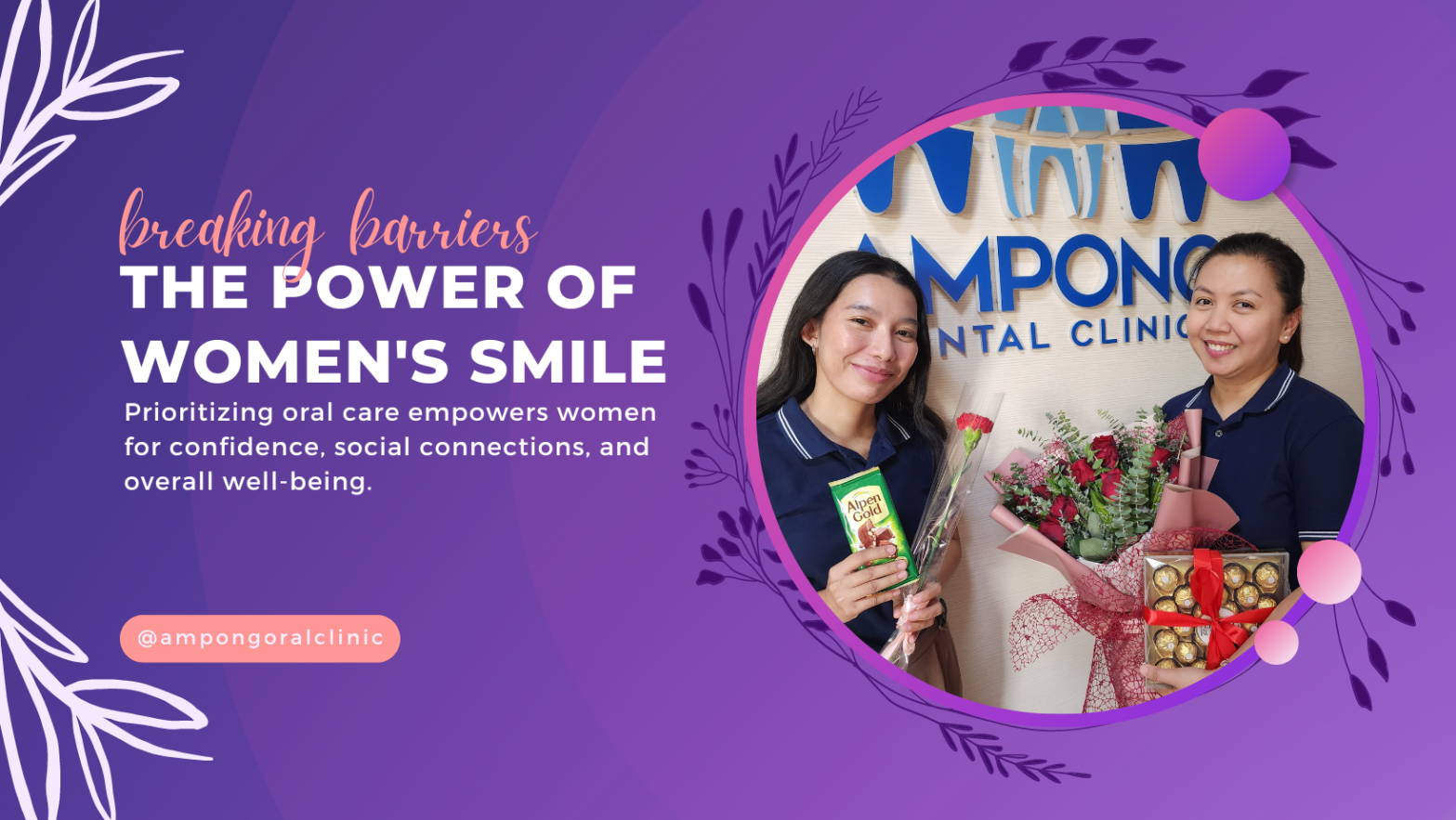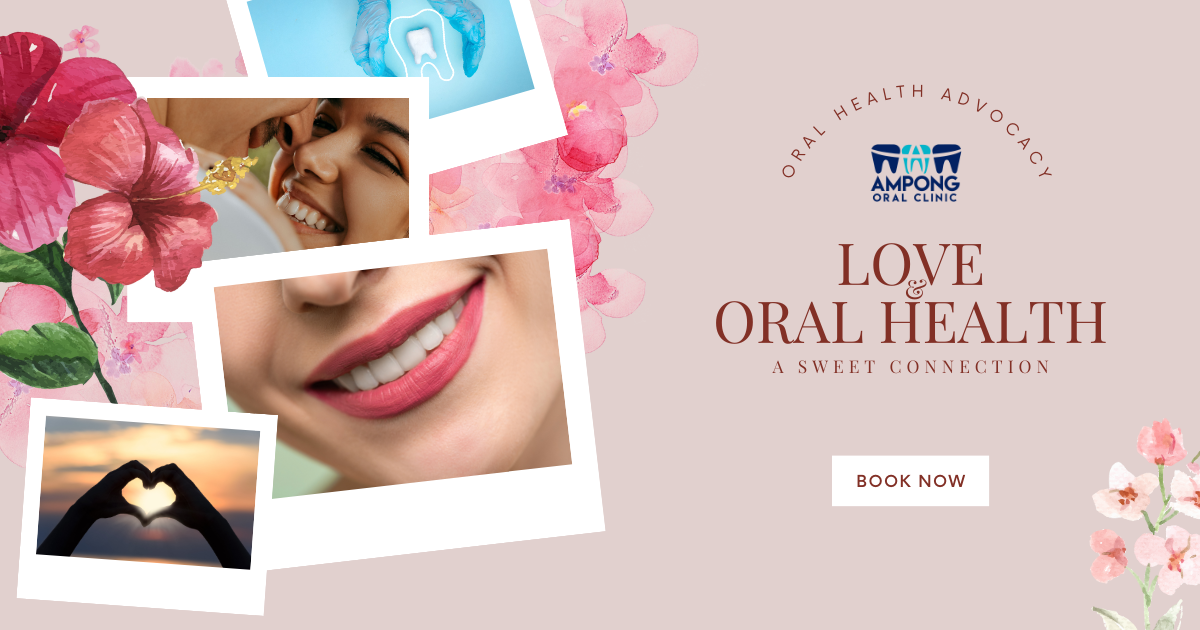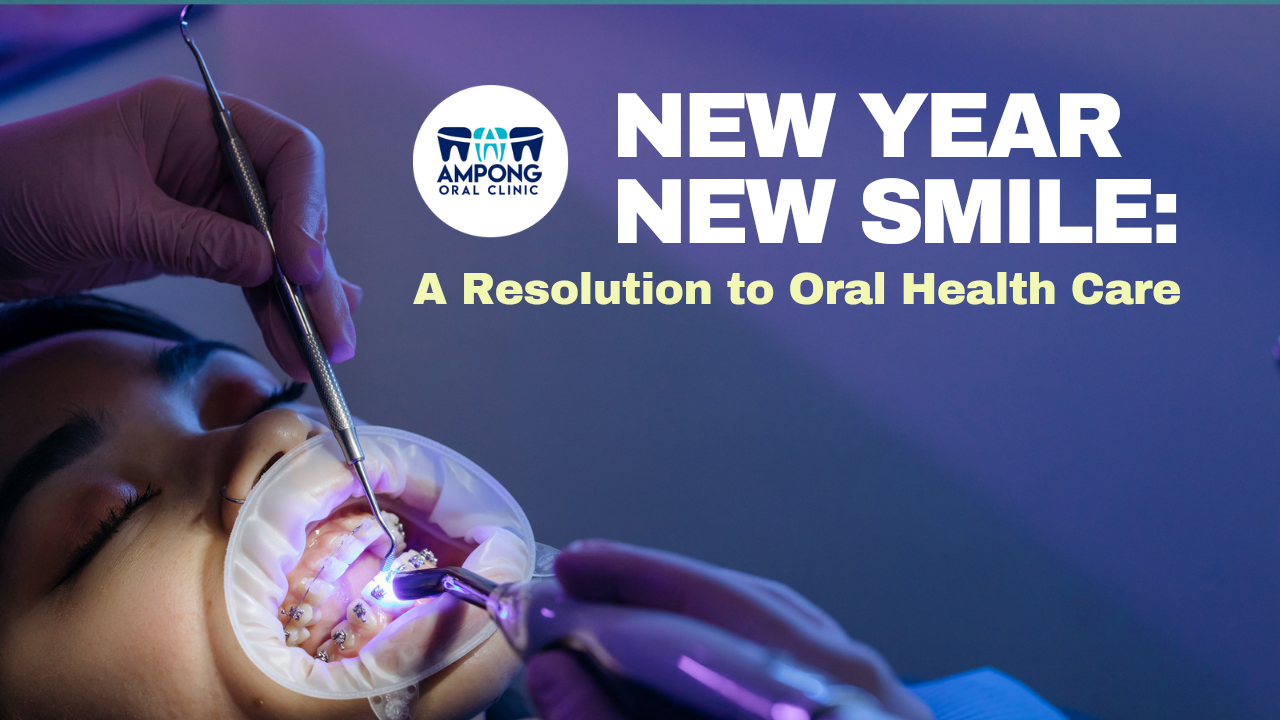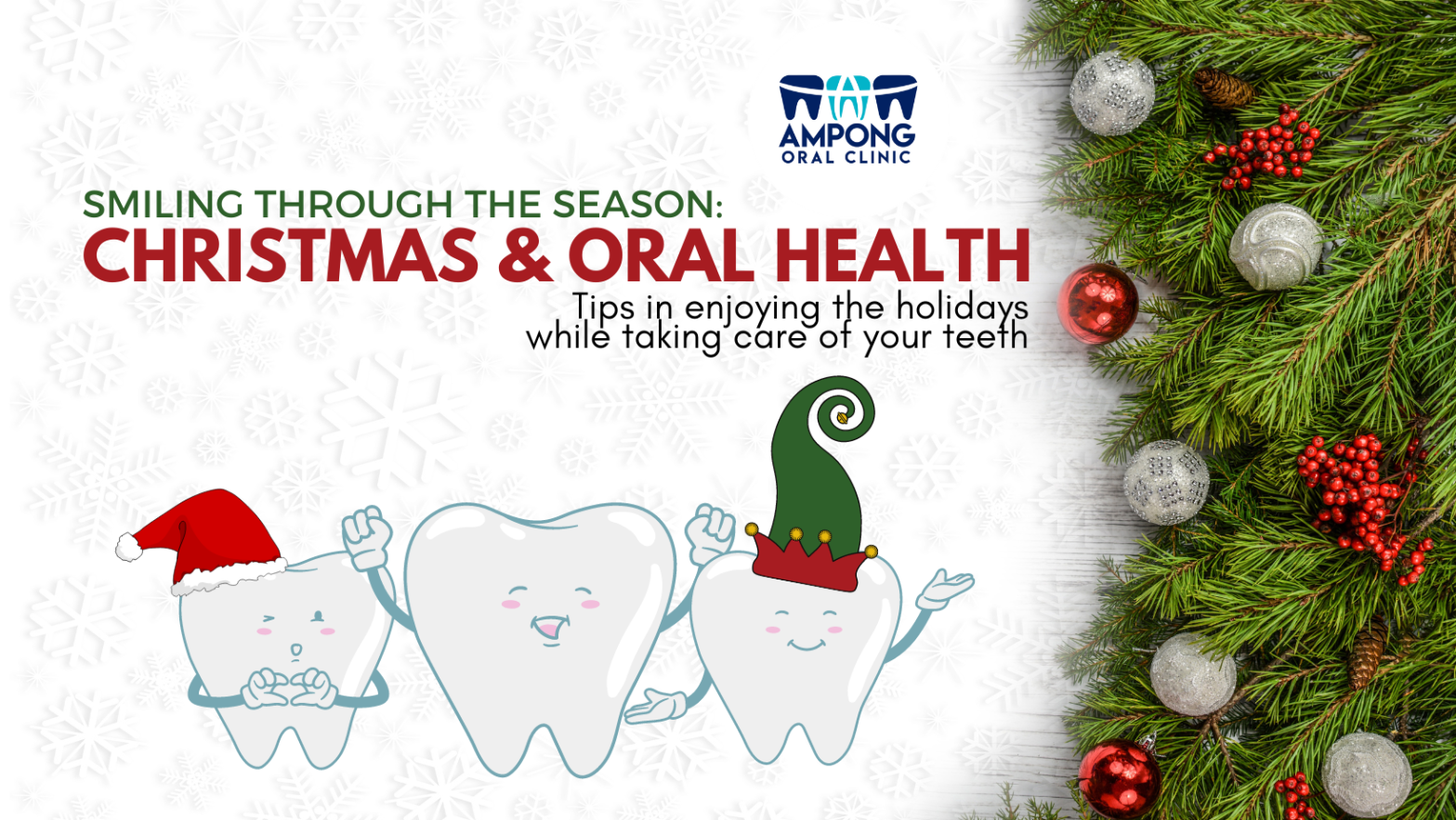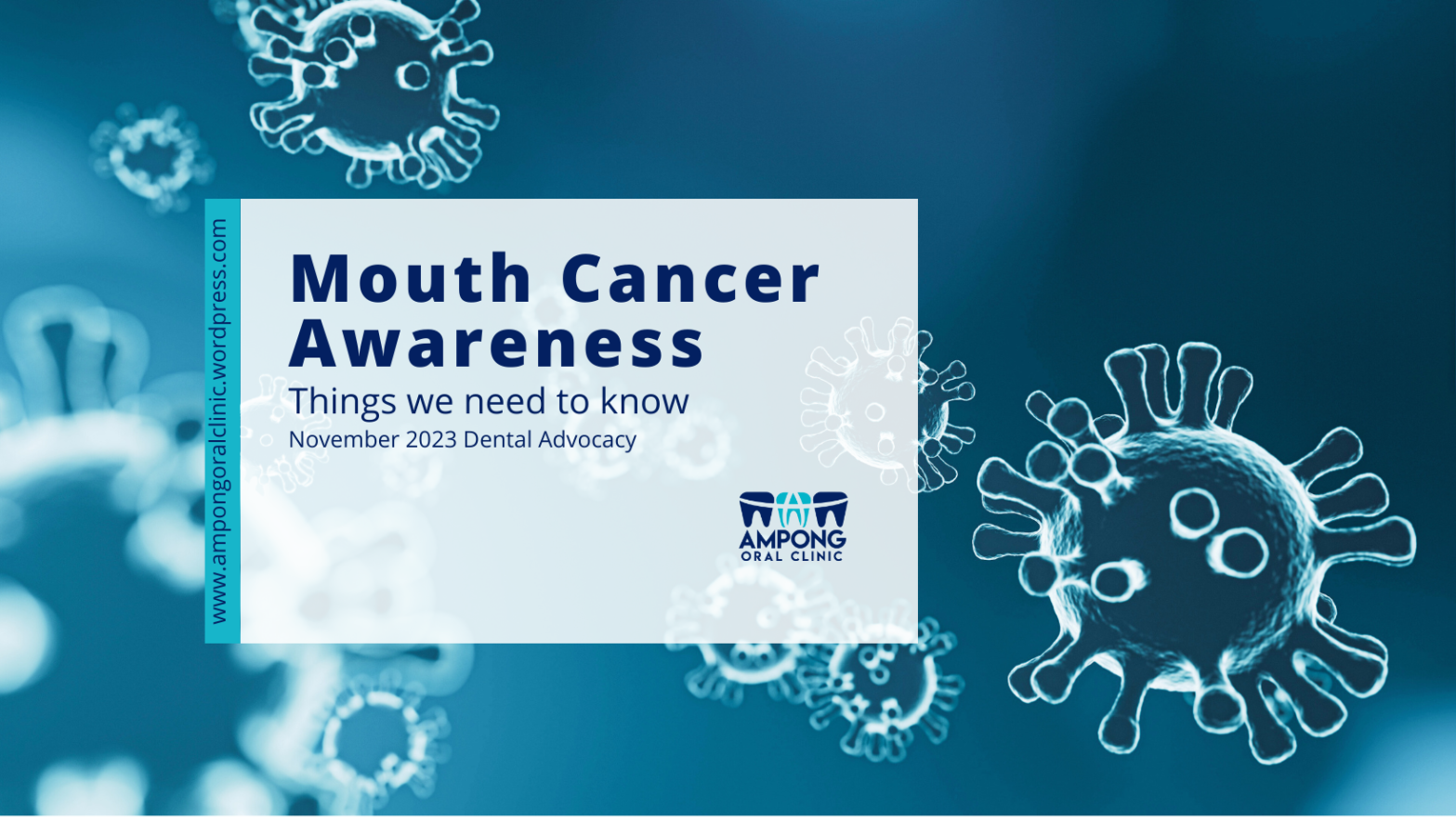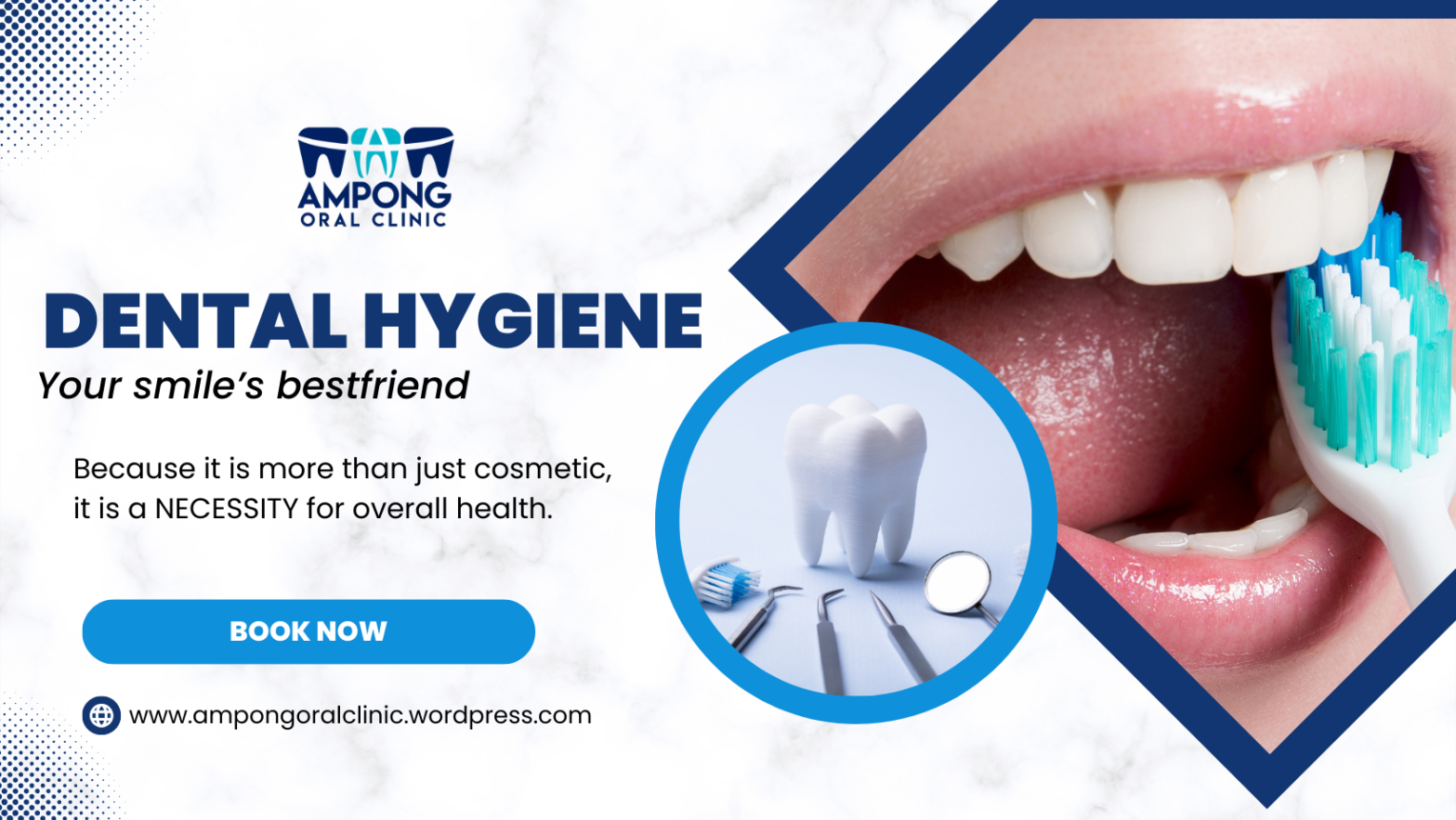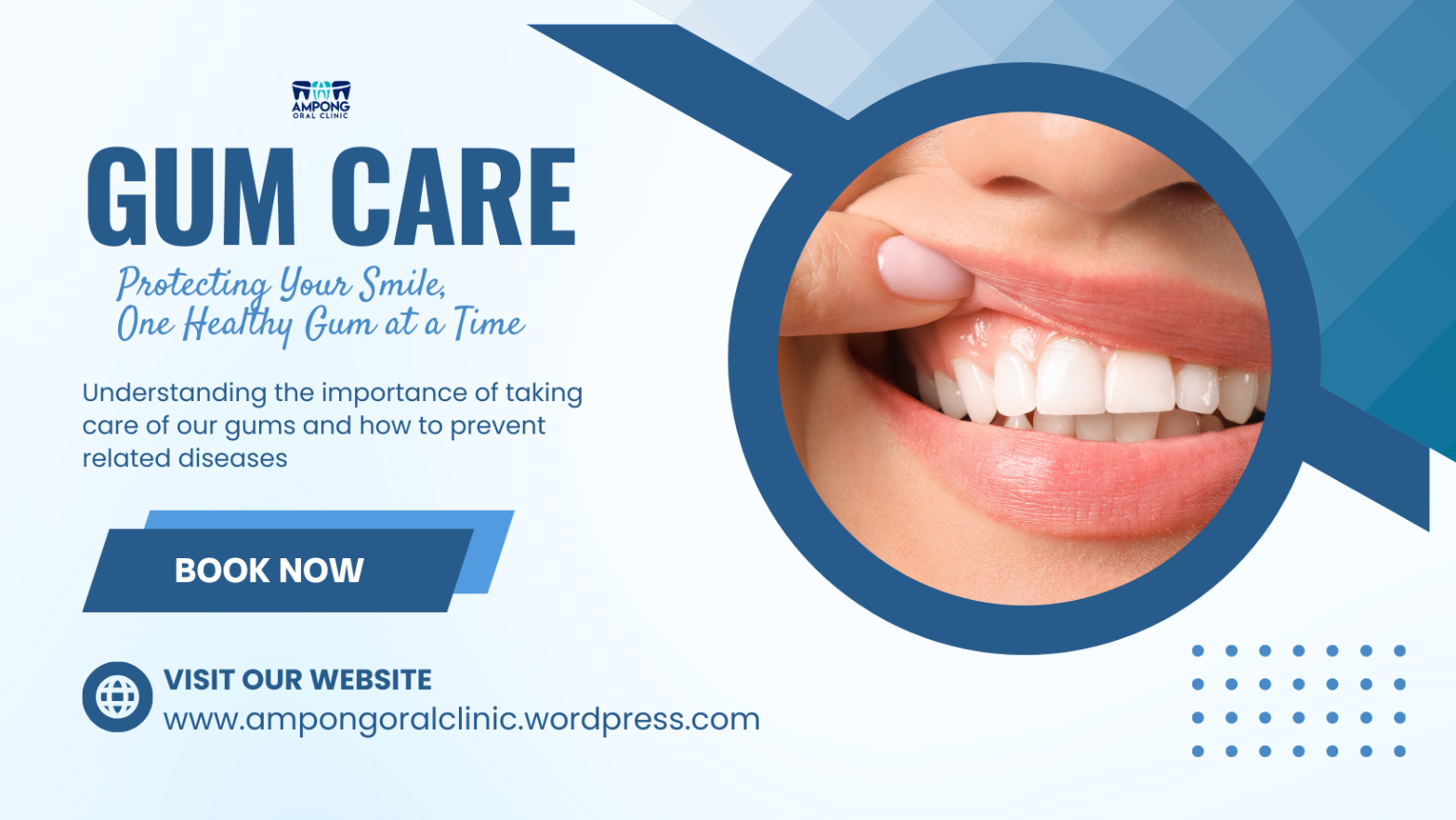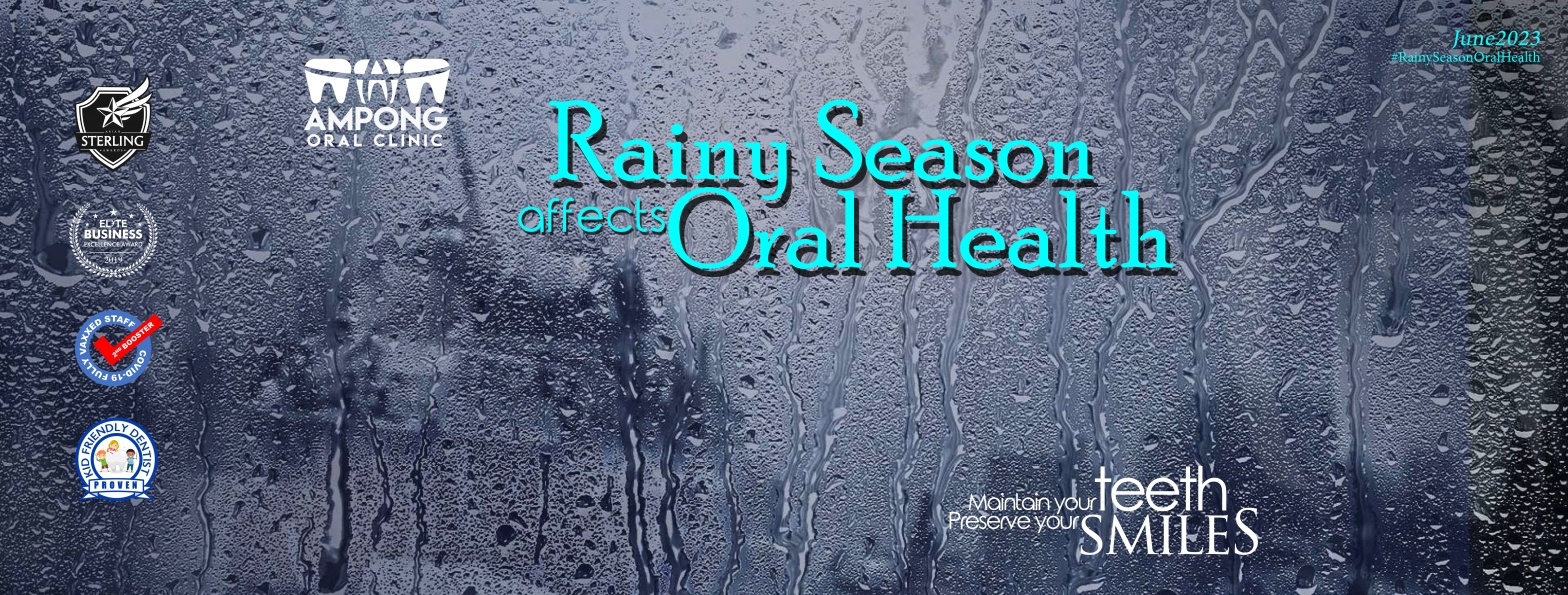May 16, 2024 — The City of Dreams in Parañaque City was abuzz with excitement as nearly 500 dentists from various parts of the Philippines gathered to celebrate their graduation from the Clinical Orthodontics Program, hosted by the Center for Orthodontic Training Seminars (COTS). The grand ceremony marked the culmination of rigorous training and dedication, signifying a significant milestone in the professional journeys of these newly minted orthodontists.
 The event commenced with a formal procession, followed by the national anthem and an invocation. Distinguished guests, including prominent figures from the dental and healthcare sectors, graced the occasion. Dr. Maria Santos, a renowned orthodontist and the keynote speaker, delivered an inspiring address, emphasizing the critical role of orthodontics in enhancing patient care and the importance of continuous learning in the ever-evolving field of dentistry.
The event commenced with a formal procession, followed by the national anthem and an invocation. Distinguished guests, including prominent figures from the dental and healthcare sectors, graced the occasion. Dr. Maria Santos, a renowned orthodontist and the keynote speaker, delivered an inspiring address, emphasizing the critical role of orthodontics in enhancing patient care and the importance of continuous learning in the ever-evolving field of dentistry.
Graduates were individually recognized as they walked across the stage to receive their diplomas, amidst cheers from proud family members and friends. The atmosphere was one of celebration and achievement, with many graduates expressing gratitude for the support and guidance they received throughout their studies.
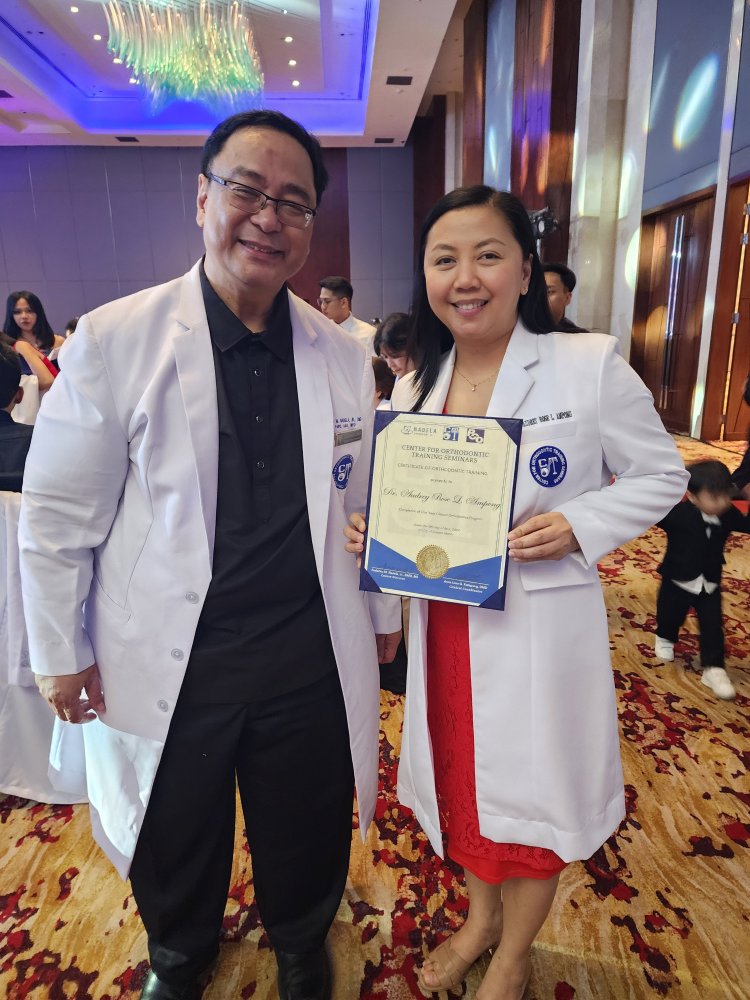
The Clinical Orthodontics Program, offered by COTS, is known for its comprehensive curriculum and hands-on training, preparing dentists to address a wide range of orthodontic needs. The program’s director, Dr. Federico M. Nadela, highlighted the graduates’ hard work and perseverance. “Today’s ceremony is a testament to your commitment to excellence and your dedication to improving oral health. You are now equipped with the skills to make a significant impact in your communities.”
Following the formalities, graduates and attendees enjoyed a reception, providing an opportunity to network and celebrate their achievements together. The event concluded with a toast to the future, as graduates looked forward to embarking on their careers with newfound expertise and confidence.
The successful graduation ceremony not only honored the accomplishments of the graduates but also underscored the importance of advanced dental education in fostering professional growth and improving patient care. As the new batch of orthodontists steps into their professional roles, they carry with them the knowledge and experience gained from one of the leading clinical programs in the region, ready to serve communities across the Philippines.
